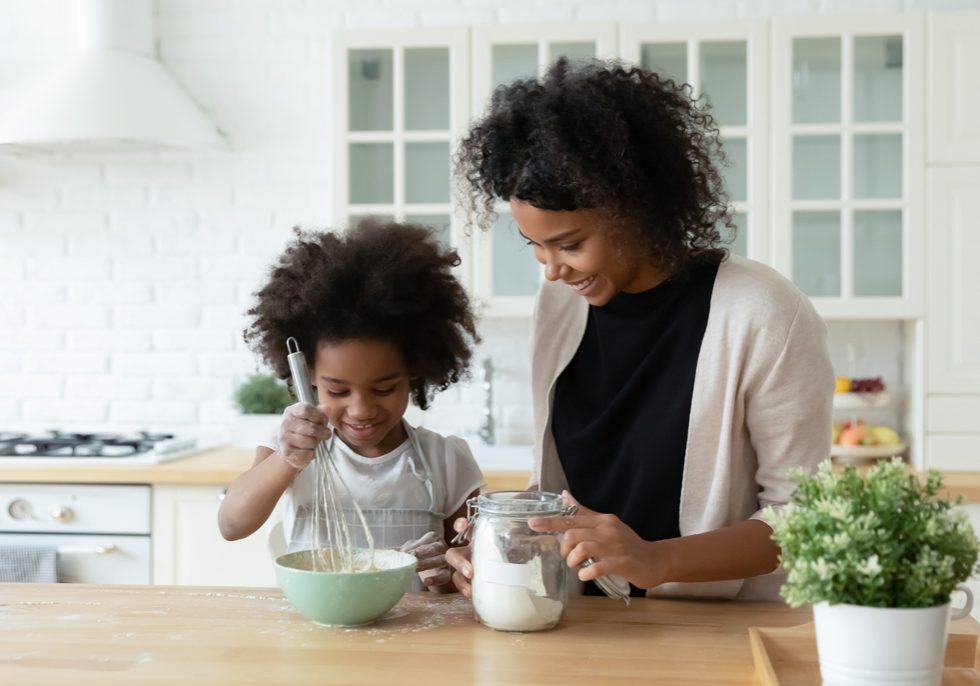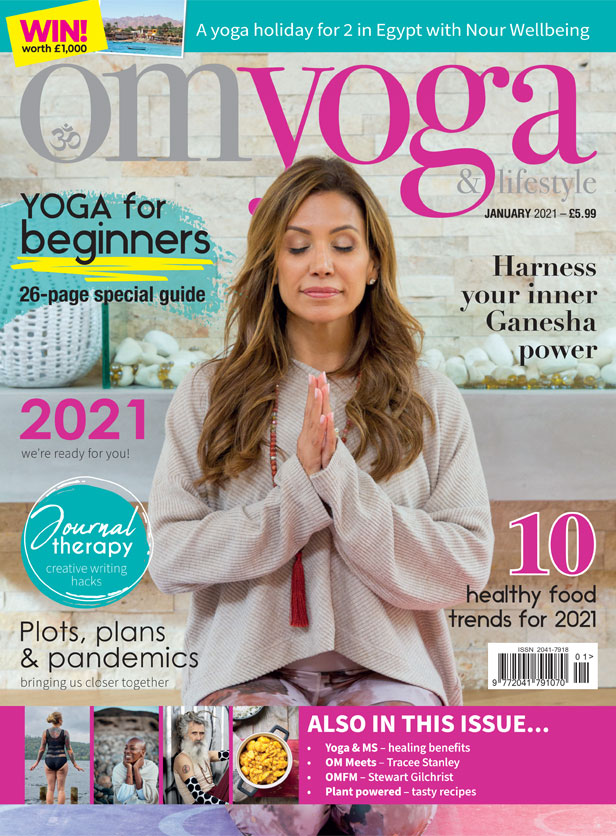
Plots, plans and pandemics
Senior yoga teacher Norman Blair explores how our experiences of 2020 may, despite all the upheaval and uncertainty, just help to bring us all a little closer together
In the din of information about the coronavirus pandemic, I appreciate this advice from a French doctor: “Everyone needs to be humble about this, take care and pay attention.”
The pandemic has presented us with possibilities. A microscopic virus has shown how rapidly economies and lives can be challenged and changed. The tired arguments that change is impossible and that all people are inherently selfish have been exposed as false.
Opal Tometi, a Black Lives Matter activist, said in early August: “There was something profound about what the pandemic did for humanity – it created a sensitivity to our own frailty, it gave people an opportunity to reflect on their own vulnerabilities.”
Unfortunately, governments rarely look at health — or anything else — long term. In the UK, 15,000 hospital beds have been lost since 2010 (prior to the pandemic-driven construction of the Nightingale hospitals) and there are chronic shortages of health staff due to years of austerity and underfunding.
Unfortunately, there were warnings about what could happen, such as when Dr Hilary Pickles, who worked for many years at the UK Department of Health, declared in 2011: “When the next pandemic strikes, expect public health systems to be in disarray.”
And now a pandemic has struck. So what can be seen? The focus in the UK became more about spectacular projects so as to hide the prosaic reality that the sixth richest country in the world was unable to provide adequate personal protective equipment to healthcare workers when it was desperately needed. Or establish a viable and essential test-and-trace programme. These failures are factors in many unnecessary deaths.
One commentator explained: “Gleaming buildings grab attention”. Meanwhile, waiting lists for routine surgery have been predicted to rise to 10 million by the end of this year.
Pandemic positives
The pandemic temporarily pressed the pause button. Pandemic positives are definitely present: the accelerating decline of coal-produced power, the rising of renewably-sourced energy. Lockdown giving some of us a taste of how we can live in a more local way, walking to shops and spending less time commuting. The air we breathe being cleaner. Urban areas becoming quieter.
Perhaps the pandemic has helped us to understand that the Western world consumes too much, whether that is pointless plane journeys or cheap clothes.
In my opinion, health needs to be grounded in social reforms. These reforms are embedded in issues of diet, education, housing, poverty, sanitation and work. Poverty means people have to choose between heating, eating and health.
A more communal model of primary healthcare emphasises preventative strategies rather than the individualistic glamour of the business-tech model. One doctor wrote: “Focus on prevention, helping others and lifestyle medicine is a lot cheaper and more enjoyable than medicating for diabetes and depression”.
And the pandemic has clearly shown the need for antidotes to the power of pharmaceutical corporations — such as research data transparency, encouragement of ethics and social healthcare (rather than privatisation of health services).
Numerous challenges are facing us. What is certain is that fear and social isolation are incredibly damaging. Isolation undoubtedly causes despair. What is also certain is that looking after ourselves — how we move, what we eat, how we connect — can be incredibly important. We could eat more plant-based diets. We could fly less. Maximising fibre and minimising processed food are simple but attainable elements in strategies of self-care.
But this is not merely a matter of more individualism. It is about living in community and collectively repairing our relationships with self, with others, with the natural world. It is about choosing: instead of aggression, dishonesty, intolerance — we could choose thoughtfulness, kindness, empathy. Instead of blaming and othering, we could consciously connect to our shared common humanity.
We have many tools – from electoral processes to street demonstrations to occupying areas. How can society be reconstructed? How can qualities such as sustainability be centred in our existence?
We are not conquerors of the world (as some believe); we are part of this world. We are as much nature as trees, birds, mountains – and coronavirus. But being a part of nature is not the same as controlling it, as humankind seems to need to learn repeatedly. We have to do the deep work of healing wounds, restorative justice, profound connection.
This is not easy; these are times of upheaval and this certainly has been a roller-coaster year. We have to avoid being swayed by hysteria and by charismatics with conspiracies. We have to make sure that we are not being drowned in despair by sensationalising media stories. We have to balance healthy scepticism with open- mindedness, while also being alert to agendas (whether that is from corporations or conspiracy theorists).
Taking risks
Life is inherently risky. That is stating the obvious. But minimising risks – such as wearing seat belts and looking when crossing the road — is common sense. The pandemic has raised awareness of our vulnerabilities, of our environments, of our connectivity. Understandably, many are keen on easy options and technological quick fixes.
But the facts seem to show this is a long-term situation. Could we dare to dream? Instead of spending billions on militarism, that same money could be spent on public health systems. Instead of private profiteering, there could be a more equitable distribution of resources.
People’s livelihoods have been devastated. Senses of security have been demolished. Maybe the pandemic has been nature’s way of saying ‘please slow down’ to the human species. Maybe the pandemic has created space for us to reflect on what is most important in our lives. Maybe during lockdown, the earth was giving a great big sigh of relief. Perhaps this pandemic pushes us into recognising our interdependence and therefore encouraging connectivity.
In words from the poet and writer, James Baldwin:
“For nothing is fixed,
forever, forever, forever, it is not fixed;
the earth is always shifting,
the light is always changing,
the sea does not cease to grind down rock.”
Norman Blair is a London-based yoga teacher who is teaching classes, workshops and trainings during the coronavirus pandemic through Zoom (yogawithnorman.co.uk)




